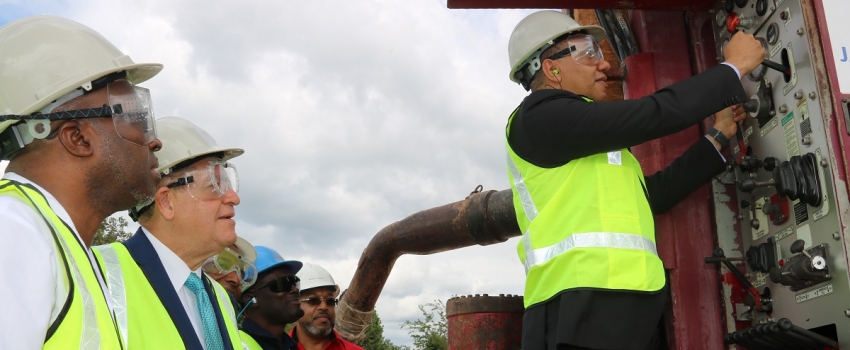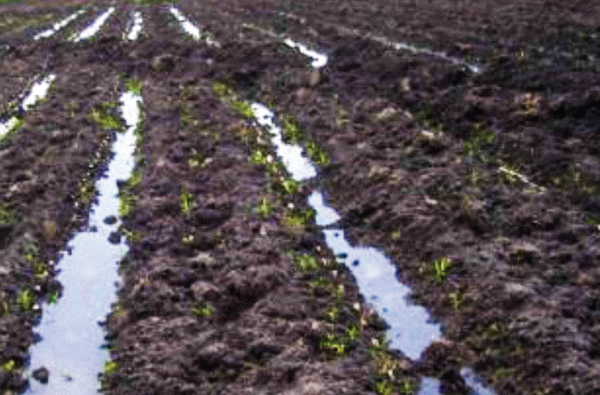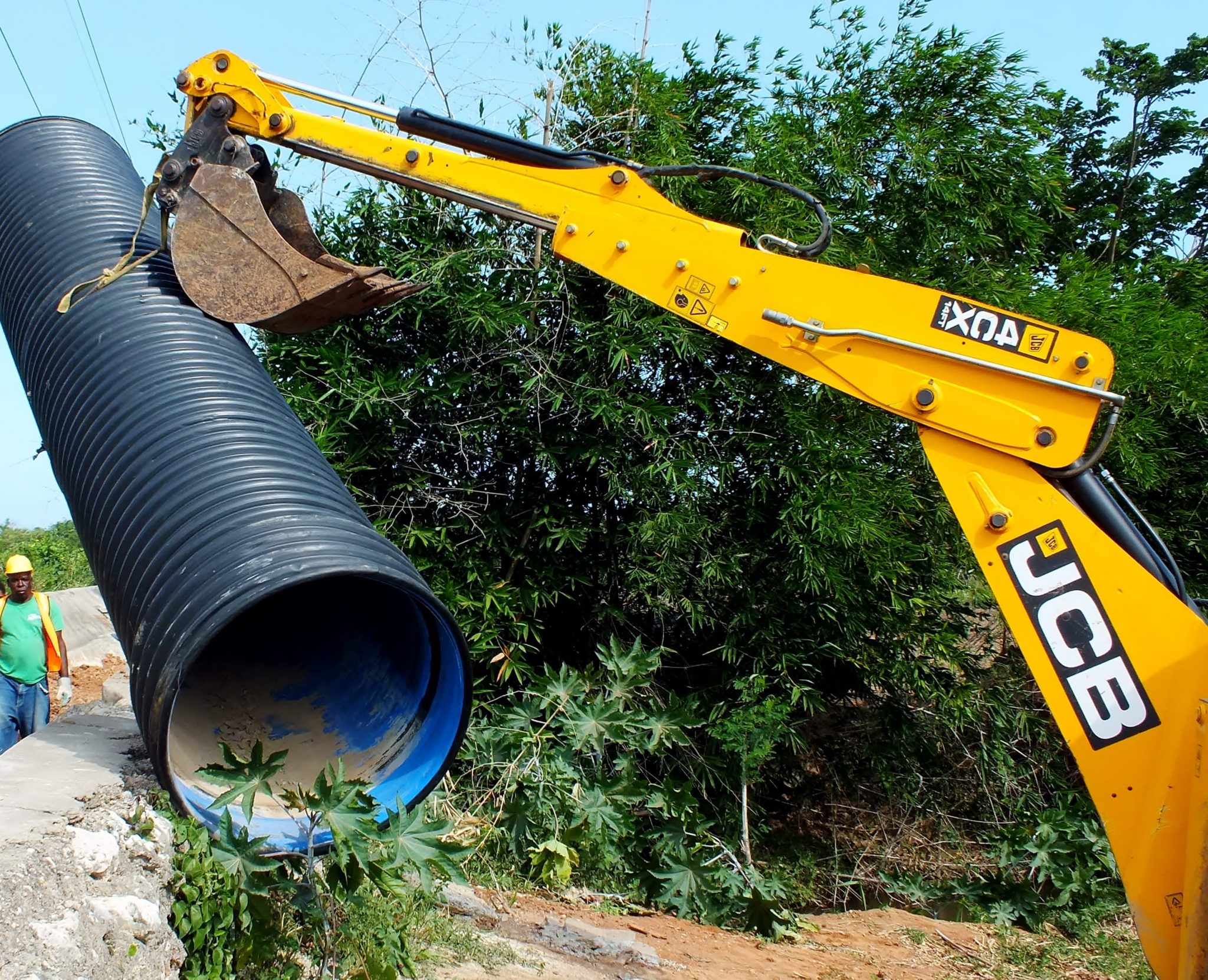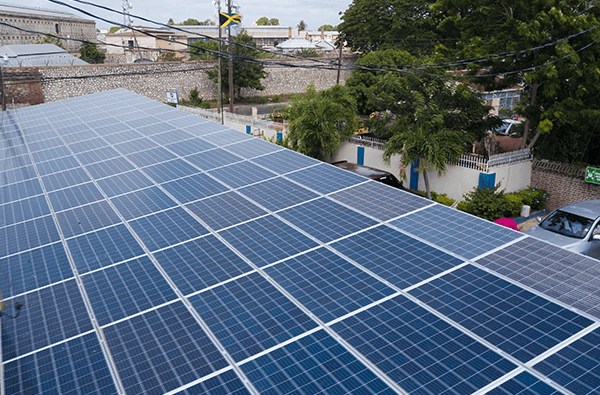
Agriculture is the most dominant sector in St. Elizabeth, employing approximately 40% of the population. The availability of water is considered a major challenge as the Essex Valley area is characterized by low rainfall with frequent droughts. Some 55% of farmers depend exclusively on rain for irrigation, 18% use tank water and an additional 18% purchase water from trucks.

In a bid to stimulate economic growth in an area characterized by low poverty levels, increased criminal activity and tracts of fallow lands, the Government of Jamaica sought to utilize the balance of the UK-CIF grant funds.

Over the past three financial years, the NIC has steadily improved the recovery of water (volume of water invoiced vs the volume produced) to 70%. In order to increase and maintain this recovery rate and achieve a target rate of 75%, continuous canal improvement is required to reduce water loss from derelict structures.

A major strategic thrust by the NIC is to use more renewable energy systems in order to reduce the percentage of our operational expenditure that is based on energy consumption. We are also aligning our operations with the provisions of the Government of Jamaica’s Energy Policy.

The project titled, ‘Wind Powered Irrigation Project – Jamaica’, engaged the OAS/DSD together with the NIC, MSTEM and other local partners in conducting a wind resource analysis in the Spur Tree area of Manchester. The analysis is to determine the feasibility of installing wind turbines to power the NIC’s deep-well pumps.
Monday – Thursday
8:30 AM – 4:30 PM
Friday
8:30 AM – 4:00PM
Copyright © 2024 National Irrigation Commission Limited
